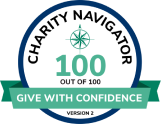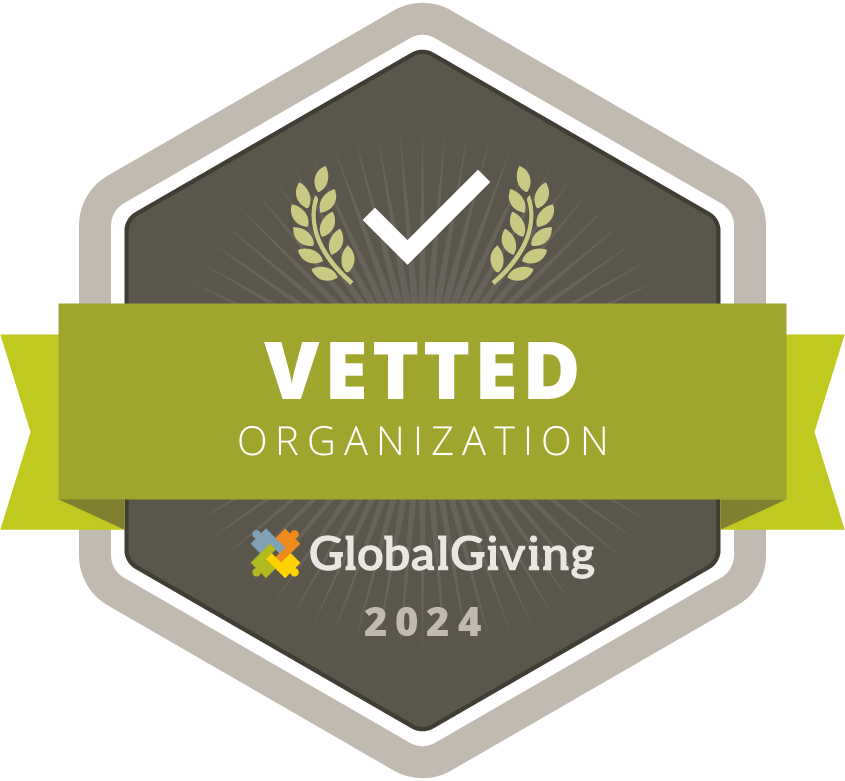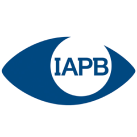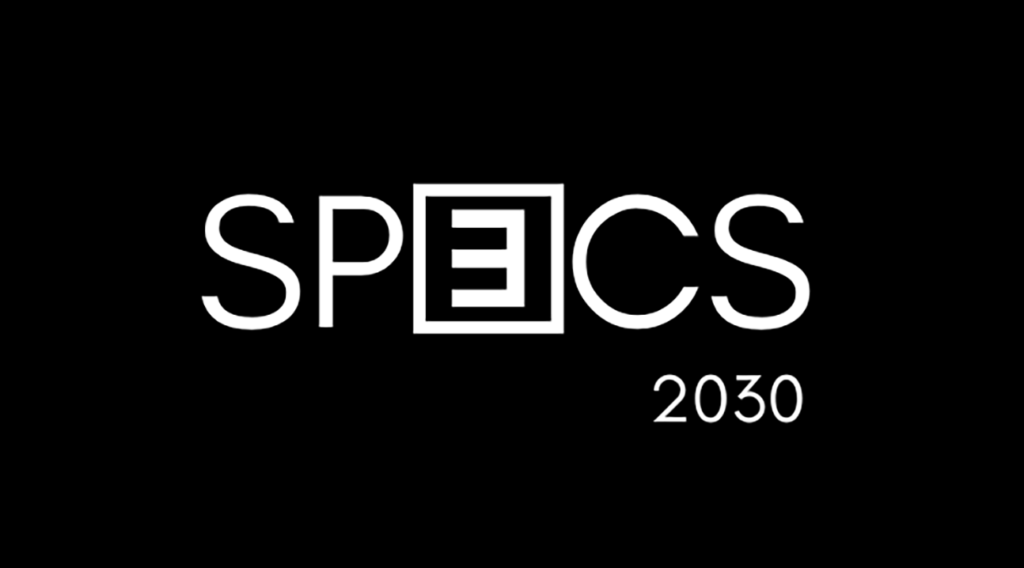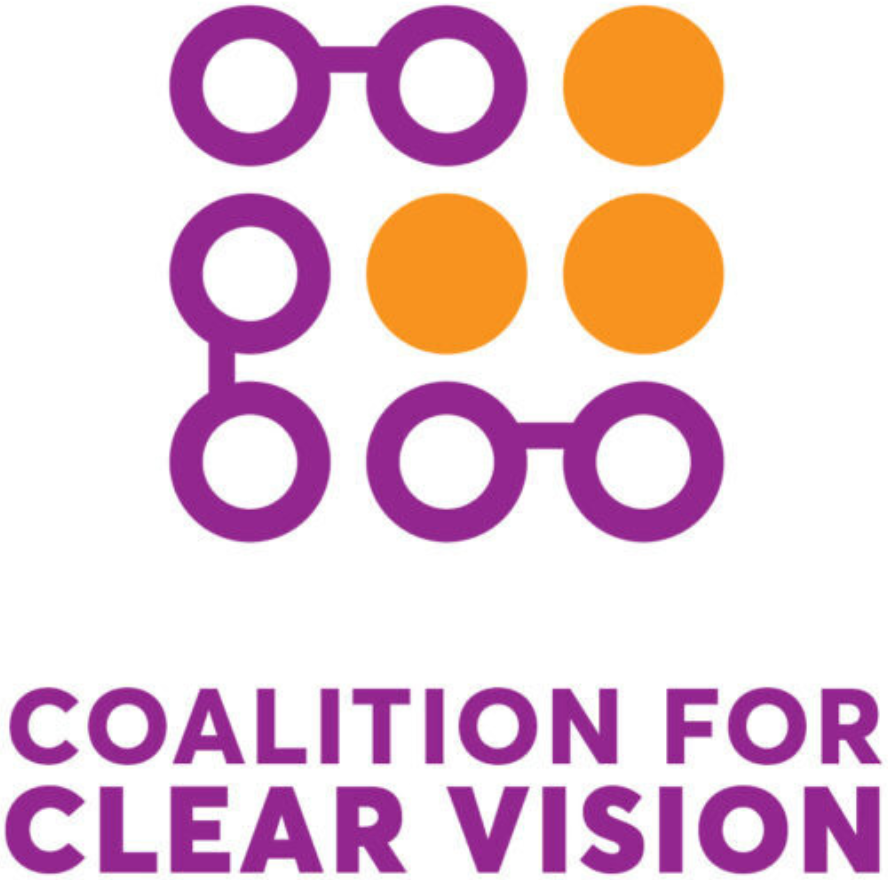Creating access to eyeglasses
changes lives
In a world built on the ability to see, vision, the most dominant of our senses, is vital at every turn of our lives.
Dr. Tedros Adhanom Ghebreyesus
Director-General, World Health Organization
Vision affects every aspect of our lives.
Clear vision enables us to live more independent lives, gain education and employment opportunities, and become productive members of our communities.
Seeing is believing.
The global vision crisis is one of the most overlooked health crises in the world. The WHO’s World Report on Vision estimates that at least 2.2 billion people worldwide have a vision impairment. At least 1 billion have a vision impairment that could have been prevented or is yet to be addressed.
What is presbyopia?
An astounding 81% of people with vision impairment have presbyopia (age-related vision loss) and only need non-prescription reading glasses to restore their sight. Unaddressed presbyopia results in lost productivity of $25 billion annually.
We can solve this.
Over 90% of people with uncorrected vision impairments live in low and middle-income countries. The lack of access to vision services, the lack of eyeglasses distribution channels, and the inability to afford a pair of glasses leads to daily suffering that eyeglasses, a 700-year-old invention, could alleviate immediately.
With your help, a solution is in sight.
The ripple effects of forgoing eyecare include the loss of productivity, livelihoods, education opportunities, and independence. Despite being one of the biggest global health problems of our time, impaired vision is also one of the most solvable.
With your help, a solution is in sight.
Contact us to learn more.
"*" indicates required fields

